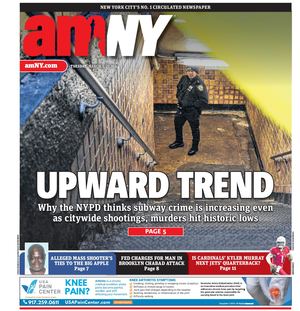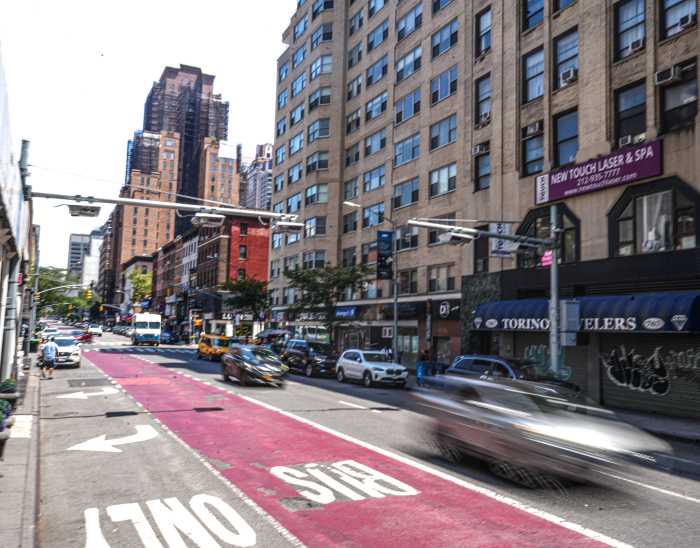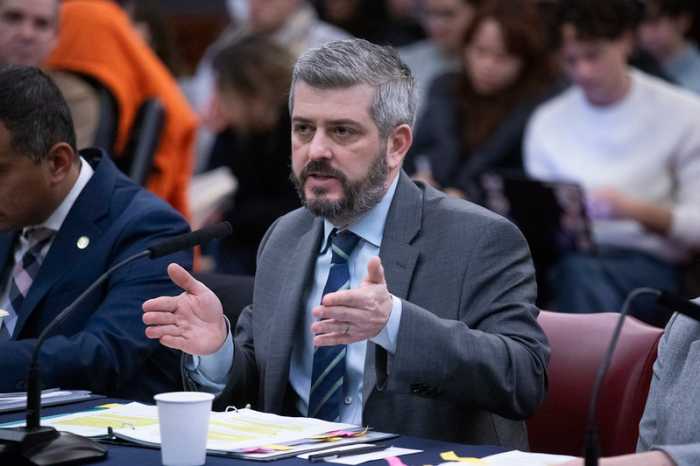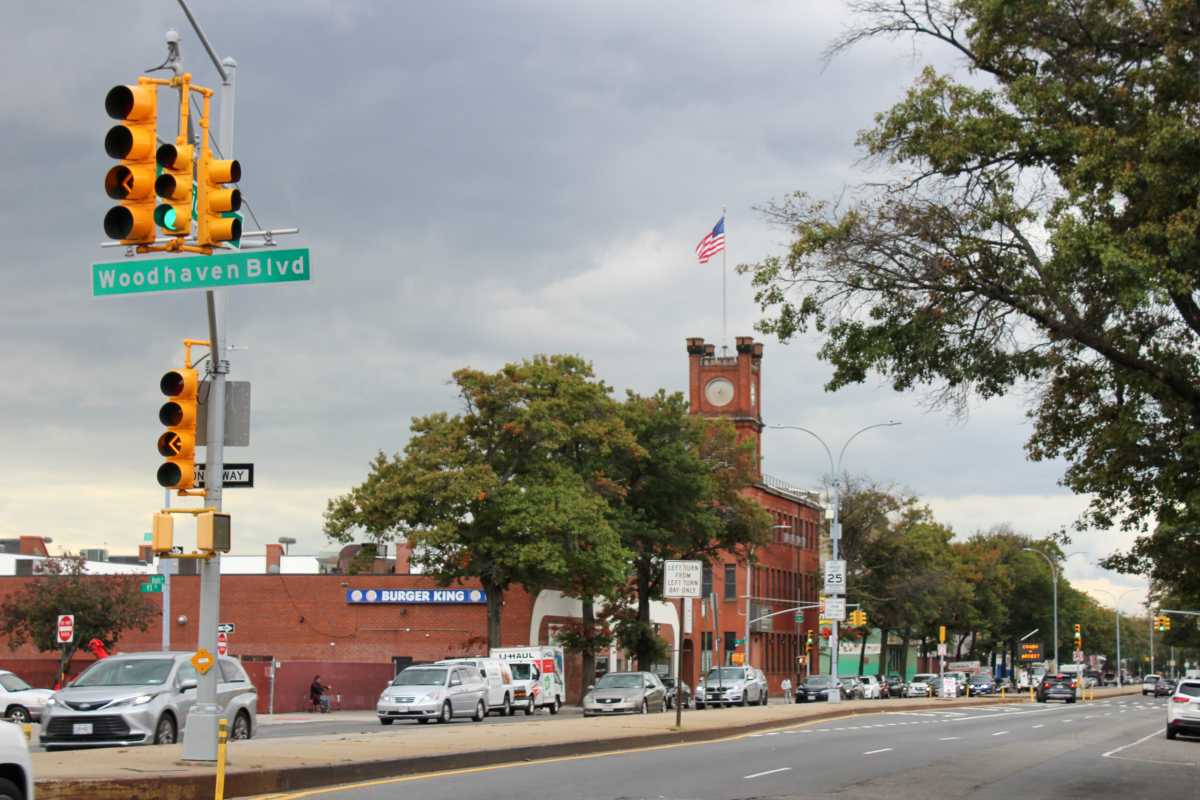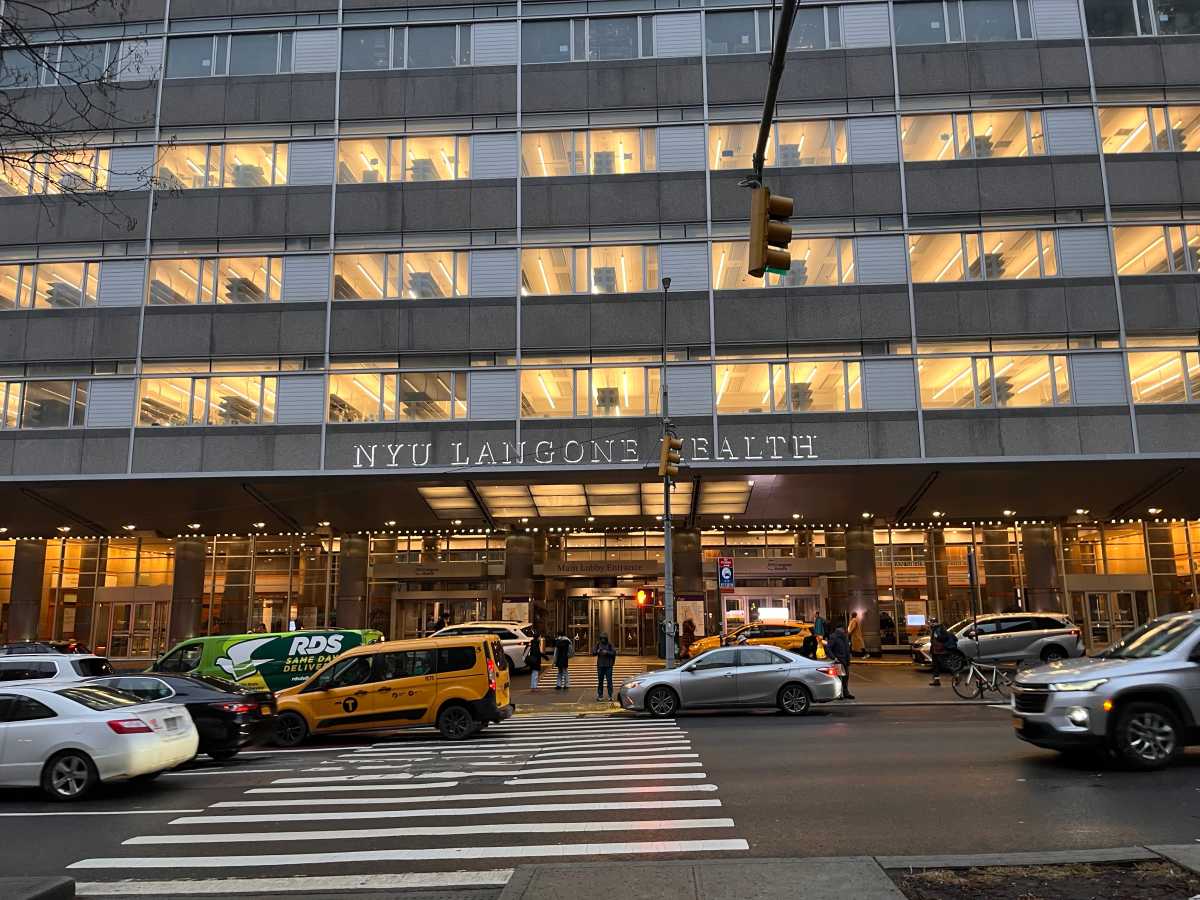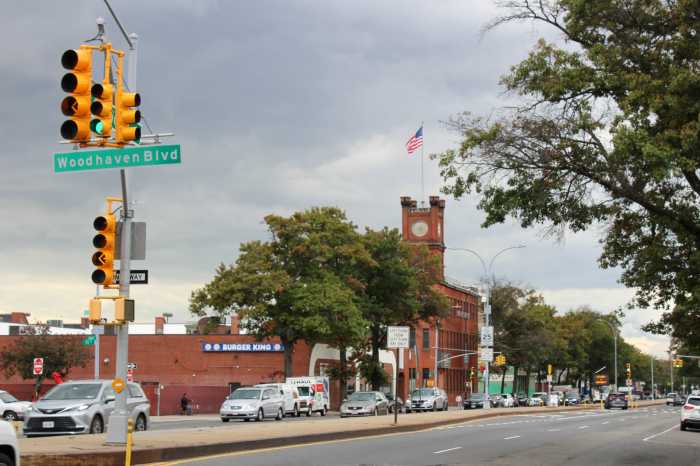
Six subway stations will be fully closed for months of renovations after the MTA board on Thursday voted to approve contracts for the next round of work under Gov. Andrew Cuomo’s controversial Enhanced Station Initiative.
A total of eight stations — six in Manhattan and two more in the Bronx — will undergo complete rehabilitations, similar to the three that have already been completed along the R line in Brooklyn. The Penn Station complexes on the lines of Seventh and Eighth avenues will remain open and in service during the repairs.
The board approval came by a vote of 10 to 3, after months of mounting opposition from advocates and some members of the MTA board who believe the program prioritizes cosmetic fixes over upgrades that would either improve train performance or add elevators to the city’s notoriously inaccessible subway system.
Enough members were convinced the projects were appropriate, though, after newly minted Transit President Andy Byford conducted an “in-depth” review of all station construction and deemed the program to be of value, beyond just “cosmetic” fixes.
“If I had concluded in my findings that this was merely addressing aesthetics, I wouldn’t be supporting this. But it’s not,” Byford said. “The fundamental issue here is state-of-good repair work.”
The latest round of stations approved for the construction, totaling about $240 million, include the 23rd Street and 57th Street stations of the Sixth Avenue line; the 28th Street station on the Lexington Avenue line; and the 34th Street-Penn Station complexes of the Seventh Avenue and Eighth Avenue lines.
Also approved are rehabilitations to the 145th Street station of the Lenox Avenue line in Manhattan, as well as 174th-175th streets and 167th Street stations of the Grand Concourse line in the Bronx.
All but the Penn Station stops will endure monthslong closures. They typically last six months, though it was not immediately clear how long these projects will take or when exactly they will start.
The three “no” votes on the program came from board appointees of Mayor Bill de Blasio: Department of Transportation Commissioner Polly Trottenberg, Veronica Vanterpool and Carl Weisbrod.
The trio voiced criticisms against the MTA that varied from spending to transparency. The MTA has not provided the board with enough documents to rationalize the authority’s selection of stations, they said. They also voiced concerns that the $1 billion program could be better spent elsewhere as the MTA grapples with a subway service crisis.
“I’ve never said that I thought all the work in these stations is aesthetic . . . that has never been my concern about it,” Trottenberg said. “My concern about it has been, I don’t understand the methodology of how we chose these stations for this program, other stations for other programs.”
Last month, the MTA was forced to delay the vote on these projects due to substantial opposition from the board. It had appeared to be a victory for advocates who have doggedly attacked the program.
“Thirty years after passage of the Americans with Disabilities Act, three-quarters of New York’s subway stations remain closed to people who can’t use stairs,” said Jon Orcutt, spokesman for Transitcenter, in a statement. “The MTA is adding elevators to a small number of stations because of a decades-old lawsuit. But it has launched a separate $1 billion station program that closes stations for months and produces no progress on accessibility.”
CORRECTION: An earlier version of this story should have said the 145th Street station that’s set to close is on the Lenox Avenue line.
